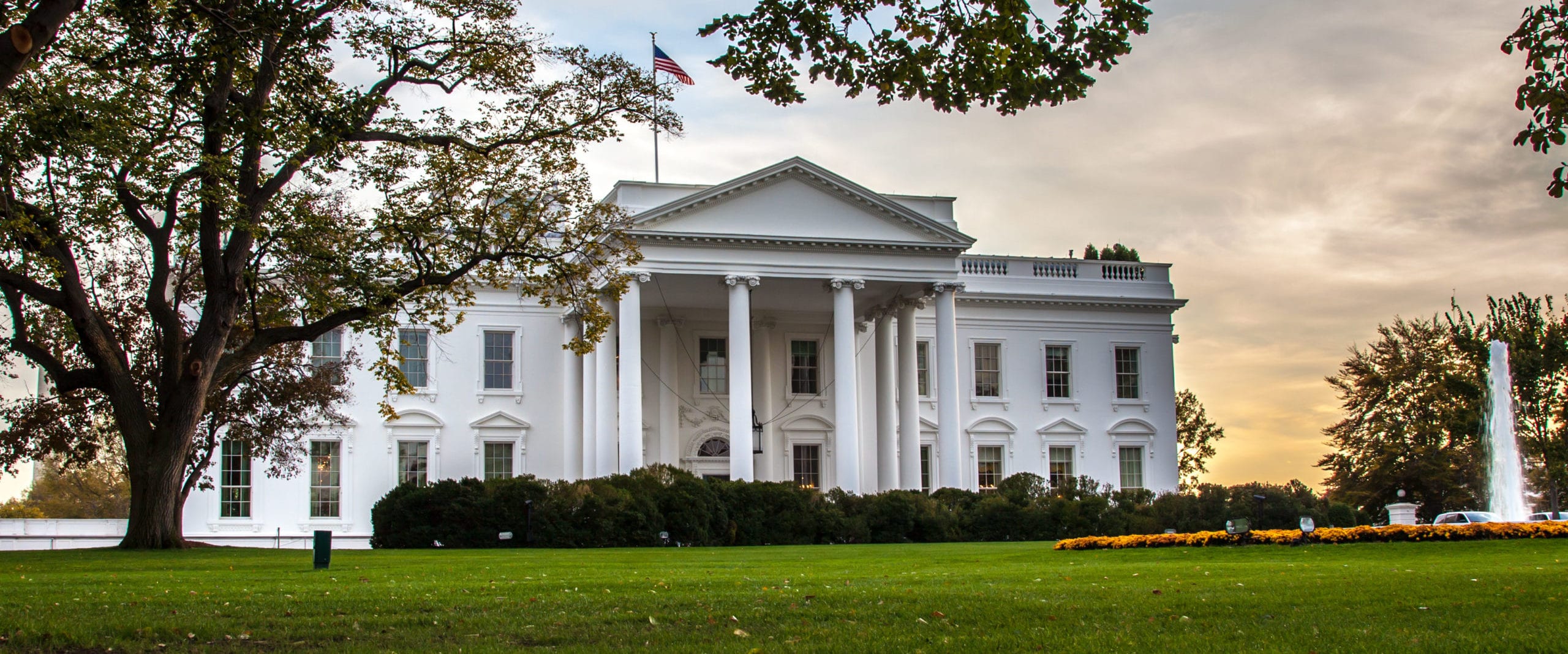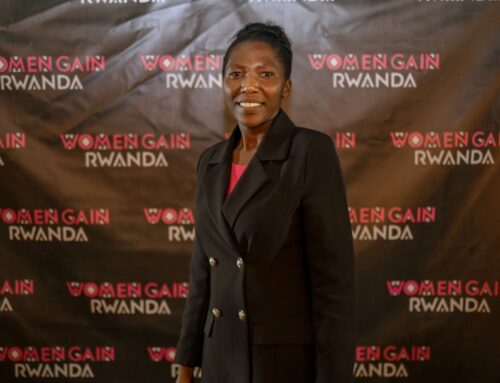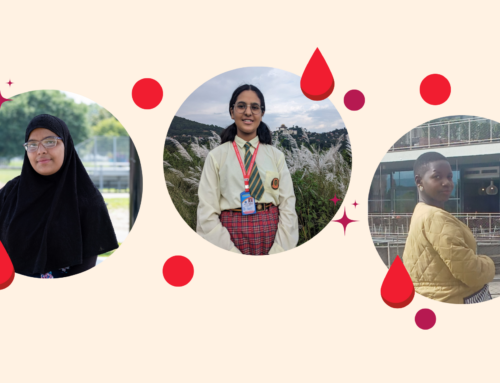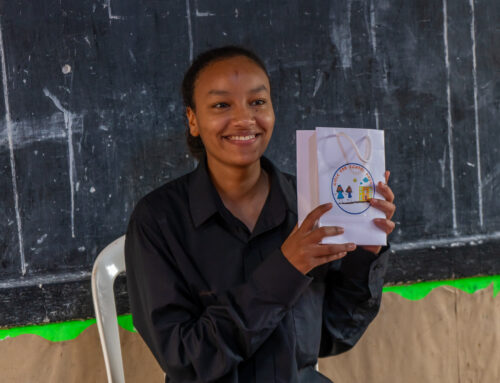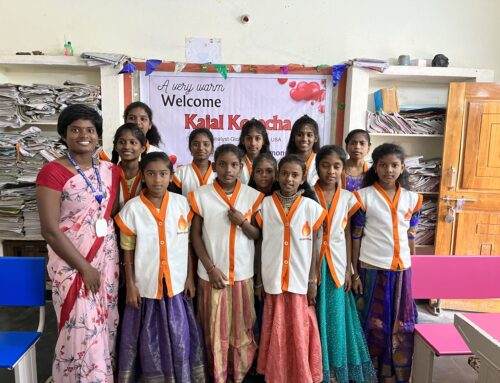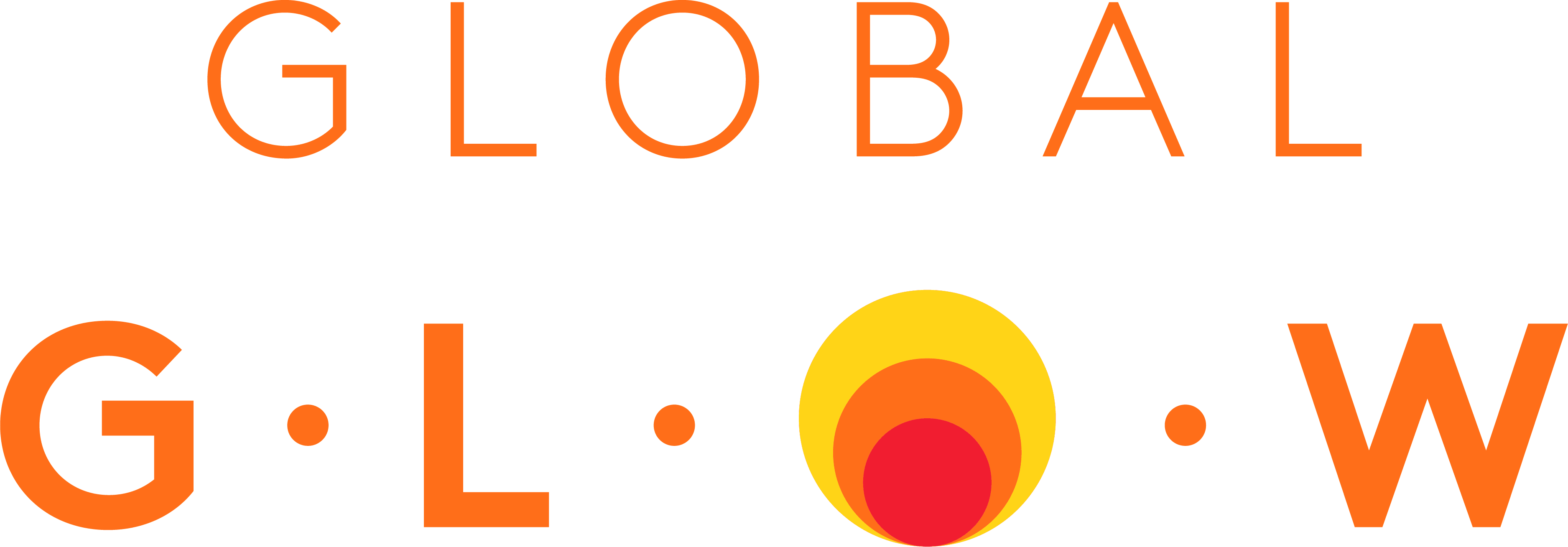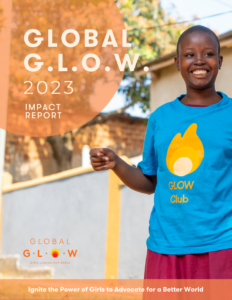Biden and Gender Policy: Our Experts Weigh In
When every issue is a women’s issue, where do policy experts begin to evoke meaningful change? This is a question Global G.L.O.W. has been exploring long before the Biden Administration introduced its White House Gender Policy Council in January of this year. The council’s creation is a meaningful first step to addressing the gender-based inequalities that limit girls’ potential.
The council will guide and coordinate government policy impacting women and girls in a wide range of areas, including economic security, health care, racial justice and gender-based violence. Focusing on “uplifting the rights of girls and women” and restoring the country as a “champion for women and girls,” our team understands the power of naming the salient issues at hand and exploring impactful solutions. True systemic change comes at the policy level, and the formation of this council displays the Biden administration’s commitment to women and girls.
However, it remains of upmost priority that the administration makes the council’s work actionable beyond their presidential tenure. Different iterations of councils focusing on women and girls’ issues have existed under past administrations but have largely been disbanded during presidential transitions because they were of lower priority. The Biden administration has an obligation to prioritize protecting our girls by ultimately dismantling systems which perpetuate gender inequity.
Knowing that the impact of COVID-19 on women and girls will last far beyond Biden’s presidency, how can this new council effect true and meaningful change? Our team wasted no time diving into the Biden administration’s ambitious agenda for women and analyzing its goals.
The Women’s Wealth Gap
The agenda addresses the need to close the women’s wealth gap, estimating that women hold only 32% of the wealth accumulated by men. This is due in large part to women facing lower wages, caregiving responsibilities, limited financial literacy and barriers to building business equity. Women have fewer opportunities to save, invest and build security. Critically, women carry two-thirds of the nation’s student debt, with Black women being the population hit the hardest.
Our recommendations:
To begin to rectify disparities, the council should pass the Paycheck Fairness Act which will ban the use of salary history to set wages and make hiring decisions, in addition to strengthening equal pay protections to combat the underpaying of women and people of color. Other legislation to pursue includes the Raise the Wage Act which would raise the federal minimum wage to $15/hour by 2025 and end exclusions for tipped workers, young workers and individuals with disabilities.
In addition to legislation, leaders must prioritize the promotion of financial literacy and female entrepreneurial programs, as the success of our youth is indisputably found where there is meaningful investment.
In 2019, Global G.L.O.W. launched the GirlSolve initiative to address this very specific need—removing the roadblocks many girls face in trying to access formal economic opportunities. Tangentially, as part of the GirlSolve initiative, Global G.L.O.W. partnered with Launch gURLs to develop Girl Boss, an introductory entrepreneurship program that allows girls to build critical 21st century life skills, digital proficiency, self-determined independence and an understanding of the barriers women and girls face to effectively pursue their goals.
Access to Education and Vocational Training
The Biden Administration also seeks to improve access to education and vocational trainings and protect women and girls while they pursue these opportunities. We agree—girls deserve better support and protections in school if they are to reach their full potential. Outlets for legislative action include The Ending Pushout Act which would prevent the criminalization and pushout of students, especially Black and brown girls, by eliminating the overuse of exclusionary discipline and providing grant funding for schools to create safer and more inclusive learning environments for all students. This act secures funding for racial bias training, a critical measure in moving towards equity but also toward creating safer spaces for girls of color.
Other goals of the council include prioritizing the physical, mental and reproductive wellbeing of girls across the nation. Equitable access to healthcare will be the cornerstone to girls’ health, with racial bias training of medical professionals being key to getting all women the adequate care they deserve. Mass investment is needed from a reproductive and mental health prerogative but also from a racial justice lens, as many BIPOC women face higher rates of violence. When we look at care and support, we should maintain the nuance of girlhood as being non-monolithic.
Our recommendations:
While President Biden’s agenda for women is extensive, it’s not exhaustive. Women and girls deserve more. We know that when girls are strong, healthy and educated communities flourish and everyone benefits. On the economic front alone, the World Economic Forum reports that closing the worldwide gender gap in the workforce could add $28 trillion to global GDP. On the educational side, every additional year of school a girl attends increases her wages by an average of 12%, according to the Malala Fund.
Our Takeaways
The council must be bold and daring in a way no previous administration has been. It must tackle the unemployment crisis through a gendered lens and understand the disproportionate impact of COVID-19 on women and girls. In December 2020, the Bureau of Labor and Statistics reported that the U.S. economy lost 140,000 jobs, all of which belonged to women. Even more disheartening, women accounted for 156,000 jobs lost, while men gained 16,000. In reading President Biden’s agenda on women, we can’t help but notice that the word “unemployment” is not mentioned once.
When creating effective legislation, the most critical indicator of success is to what degree legislators consider a policy’s intended impacted community. To the Biden administration: Listen to women and girls. As experts in this field of thought, we know first-hand that girls know what girls need. In pursuit of success, the council must seek out diverse perspectives by engaging in listening tours and speaking directly with those these policies impact.
The views expressed in this blog are that of the author and do not necessarily represent those of Global G.L.O.W. and its employees.

